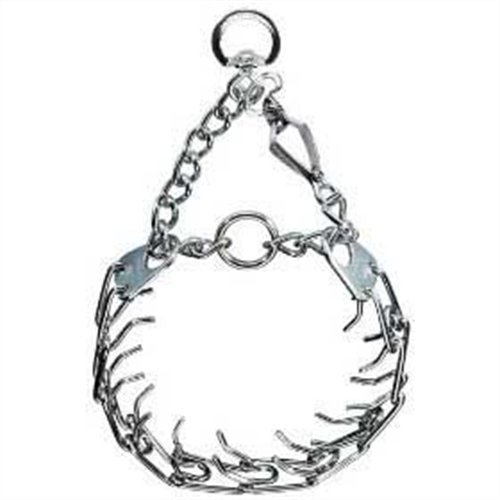Many people tend to humanize their dog. They would like to think that their dog is a thinking animal in the same sense that a human being is a thinking animal. They seem to believe that dogs anticipate consequences of behavior. For example it is not an uncommon belief that a dog will not get into the garbage since he "knows" that it is bad. The reason people believe that he "knows" that it is bad is that the owner has come home, found that his dog has gotten into the garbage and the owner has yelled at the dog, taken him to the overturned garbage and made quite a ruckus over this.
That is rubbish! The dog only "knows" that for some reason beyond his comprehension the master made a ruckus at the thing that gave the dog much enjoyment and pleasure, the overturned garbage. While the dog was getting into the garbage, he was having a ton of fun. No bad consequences occurred at the time whatsoever. But a bad consequence occurred when his owner returned home..". .oh well", says the dog.". .my master is in a bad mood". The dog simply does not connect an action AFTER an occurrence as being a consequence.
The trick to disciplining a dog is to catch him in the act. This is the only way that he is going to connect the circumstances with the consequences. For example, if there were a mousetrap which would go off and startle the dog when he first nosed the lid of the garbage can, he most likely would believe that there is something dangerous which scares or startles him when he tries to flip off the lid. That is a consequence which occurs at the time of the misbehavior!
Another example is the use of a startling event when he urinates in the wrong place. A spray bottle with vinegar...a can full of pebbles which can be thrown from a distance, or, best of all, the disapproving shout "NO" from his master are the best methods of stopping a dog from eliminating in the wrong spot. It is absolutely useless to take the dog to the place, after you have discovered it and rub his nose in it. His mind does not work in the same way ours does and he simply is not going to connect the two episodes together.
The best ways to discipline dogs always involve if at all possible the following two axioms. Discipline at the time of the infraction, (axiom number one) and/or avoid the problem through structuring the environment, (axiom number two). One way to keep the dog out of the garbage, for example, would be to purchase a garbage can that is dog proof, with a lid that is dog proof. Or barring that, if your dog is a precocious and investigative sort, put the garbage behind closed doors! Being watchful and taking preventative measures always lead to better results than second guessing and discipline after the fact.

 How To Stop Dogs Pulling On The Leash
To Stop Dogs Pulling Takes P
How To Stop Dogs Pulling On The Leash
To Stop Dogs Pulling Takes P
 Durable Dog Toy Outlasts the Strongest Jaws
Credit: Jeannine T
Durable Dog Toy Outlasts the Strongest Jaws
Credit: Jeannine T
 Be Prepared Before Taking Your Dog on Your Next Holiday Road Trip
Planning Your TripIt is exci
Be Prepared Before Taking Your Dog on Your Next Holiday Road Trip
Planning Your TripIt is exci
 How To Select And Fit A Prong Collar
A prong collar looks like a
How To Select And Fit A Prong Collar
A prong collar looks like a
 Can Your Dog Live Longer?
Live Long and PlayMans best
Can Your Dog Live Longer?
Live Long and PlayMans best